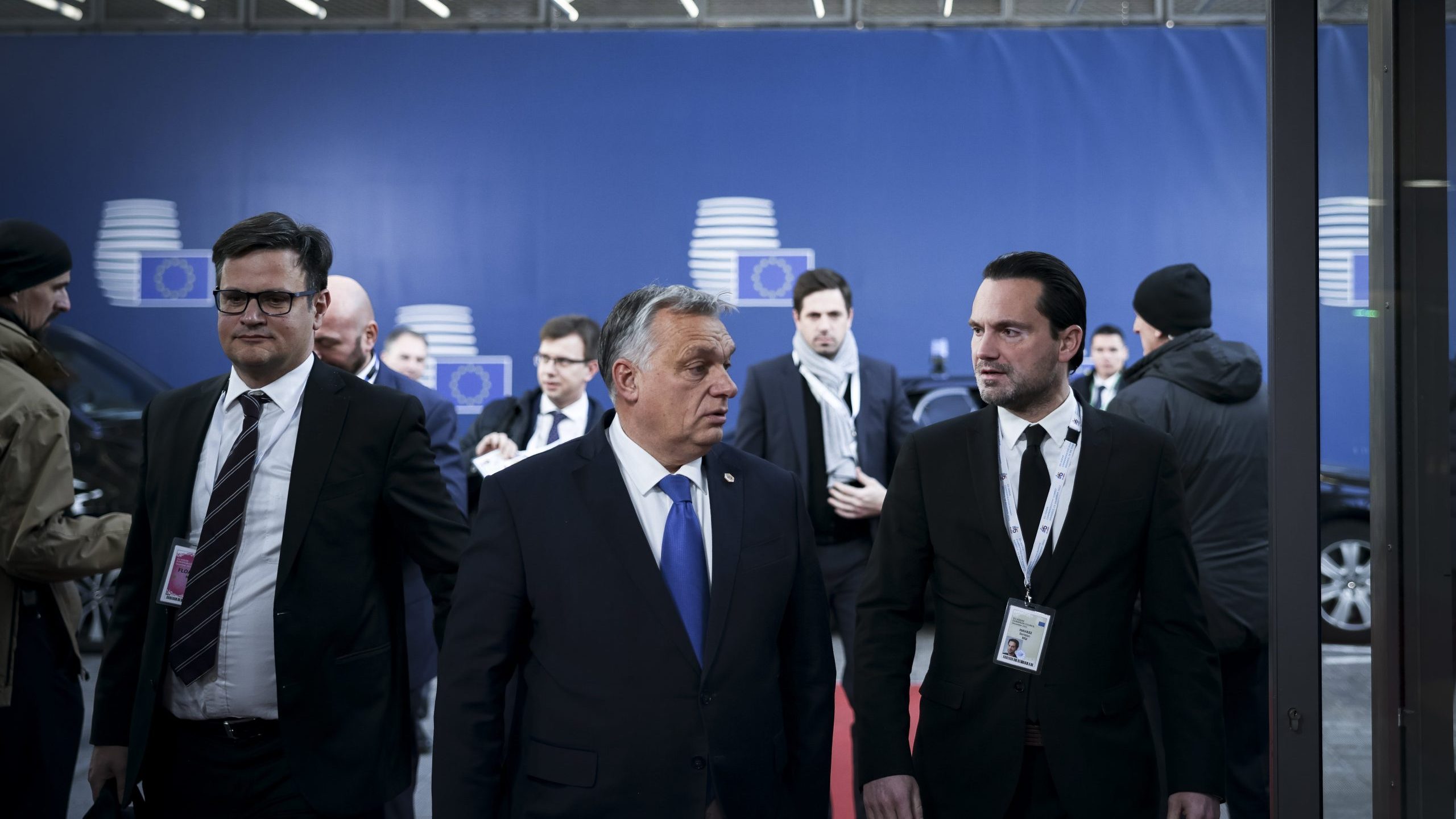
In an interview published by news portal Origó on Thursday, the Prime Minister said that he loves Hungary just the way it is, and does not want to see anyone change it under orders from outside.
In reply to a question concerning the expected result of the referendum, Mr. Orbán said that “It is also a disappointment to me if I see just one person who is not interested in the fate of their own country. Therefore, of course I would be satisfied with a one hundred per cent turnout”. He noted, however, that naturally this is far from political reality. He declared that “everyone is needed and we need everyone’s opinion”, because this is about the future of Hungary.
With regard to steps following the referendum, which he was also asked about in last week’s radio interview, the Prime Minister said that if he had wanted to tell everyone what needs to be done following the referendum, he would have so. “I didn’t say because I didn’t want to. I didn’t want to because it would be premature, since the referendum result will determine the direction in which we set out”, he said, indicating that the first step is to have the referendum, and if it is decisive and convincing, then “the steps which follow will be different from those which would have followed had it been feeble”. He stressed, however, that the referendum naturally has – and will have – legal consequences.
The Prime Minister commented on opposition statements suggesting that a successful referendum would be followed by an early parliamentary election. He said that an early election must have a clear and obvious reason. In Mr. Orbán’s opinion no such reason exists in Hungary today, because the country is moving in the right direction. “In addition, early elections tend to be slippery things”, Mr. Orbán noted, adding that “People can sense it if the reason is no longer about them and their future, but some kind of political sleight of hand and trickery […] it is no accident that early elections tend to backfire”.
The Prime Minister said that “if the EU were able to force the mandatory relocation quota on us, it would affect every Hungarian settlement”. For this reason, in his opinion the compulsory quota is an issue that is important to all 3,200 of Hungary’s settlements, and so on 2 October “We will not just be deciding on the future of Hungary for generations to come, but on our own fate as well”. If the compulsory quota is not rejected, then “someone could one day find that a migrant family – or even more than one – has been relocated to a neighbouring house”, he said.
He explained that he thinks that people who have entered illegally should be gathered and taken outside the EU. According to Hungary’s Schengen 2.0 action plan, large refugee camps should be established outside the territory of the European Union under EU protection and with EU financial assistance – for instance on an island or on the North African coast – and everyone who has entered Europe illegally should go there. From there they would submit their asylum requests, and if there is a country willing to receive them then they could go there, he explained. In addition, he added, the external borders of the European Union must be protected, otherwise “these problems will return”.
The standpoint of the Hungarian government is that borders should not be abolished, but “must be used”, because they provide protection. “I would not like to see a change in the culture of this piece of land we call Hungary. […] I love this country just the way it is, and I do not want to see anyone change it under orders from outside. We are holding the referendum so that the Hungarian people can tell us whether they want to see change in some utopian direction, or whether they want to remain Hungarian – as they have managed to remain through the centuries, with much sacrifice”, Mr. Orbán explained.
In summary, the Prime Minister said that the referendum will decide “how strong a sword we can forge” for Hungarians’ struggle against the Brussels bureaucrats. Speaking about the future of the European Union, he said that the instrument of convergence which EU leaders devised earlier – the eurozone – is no longer enough. The barrel of the EU needs “new hoops” to hold it together, such as a joint military force. He indicated, however, that he would not like this to lead to some kind of United States of Europe.
The interview also touched on the subject of the U.S. presidential election, in relation to which Mr. Orbán said the following: We Hungarians and Europeans have an interest in an American foreign policy which does not seek to export democracy, does not destabilise regions and which unequivocally calls for the reinstatement of nation states’ sovereignty with regard to migration. This is what Mr. Trump is talking about, while Mrs. Clinton talks about continuing what we are now suffering from in Europe.”
On the subject of domestic politics, the Prime Minister also commented on the case of Fidesz MP Roland Mengyi, who has been stripped of his immunity by Parliament. Mr. Orbán said that this Member of Parliament must stand up for himself; he must provide the law enforcement authorities with a clear and coherent response to accusations against him. As a reassuring aspect of the case, he mentioned the fact that not a single penny had left the state treasury unlawfully.

